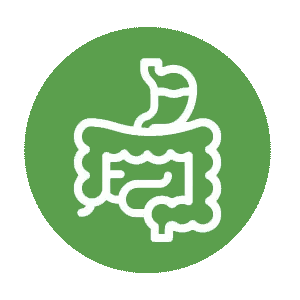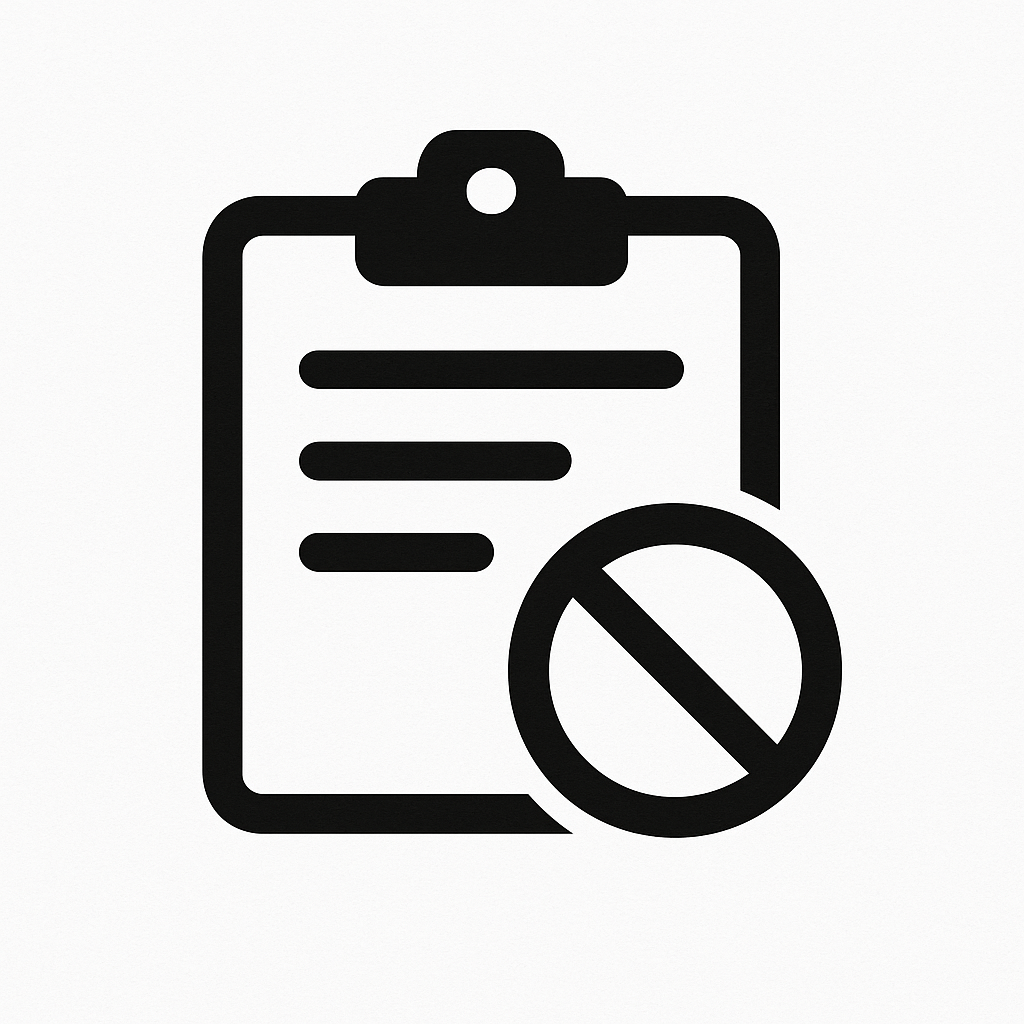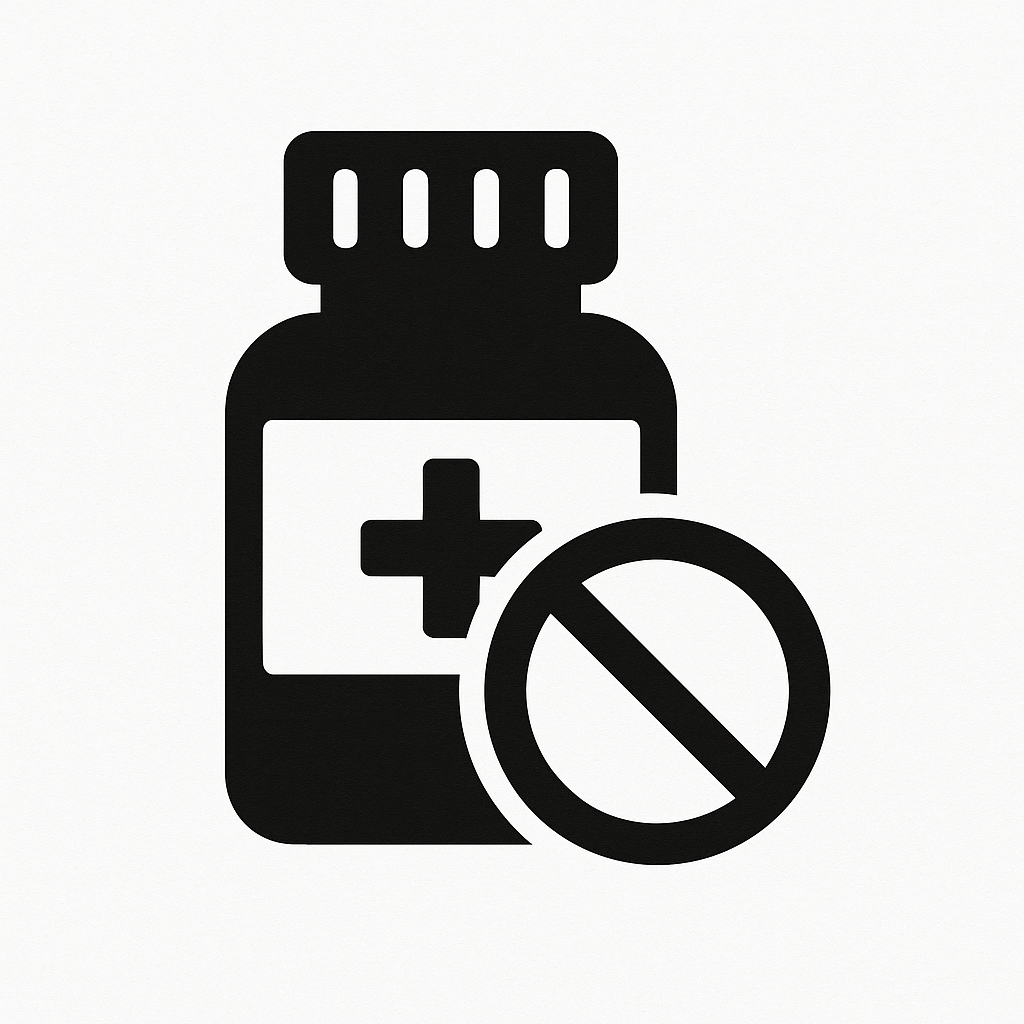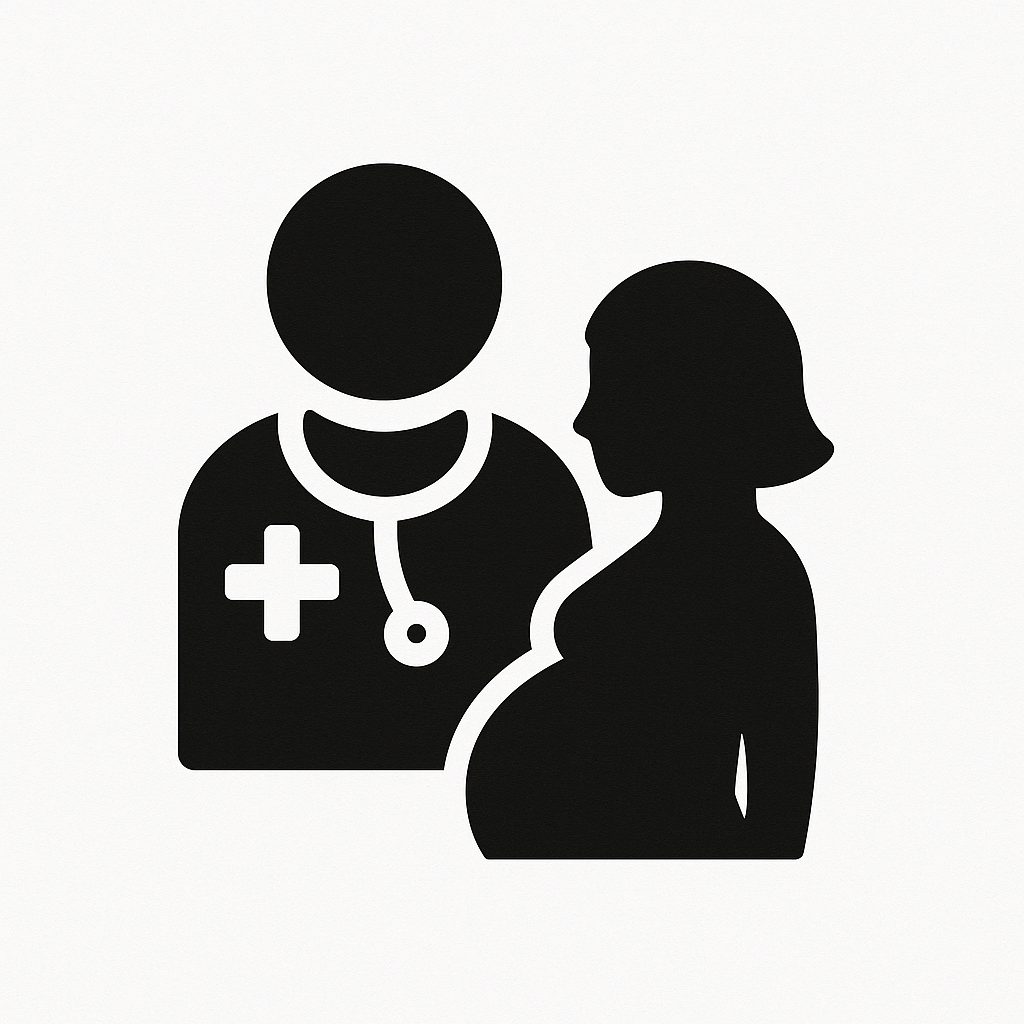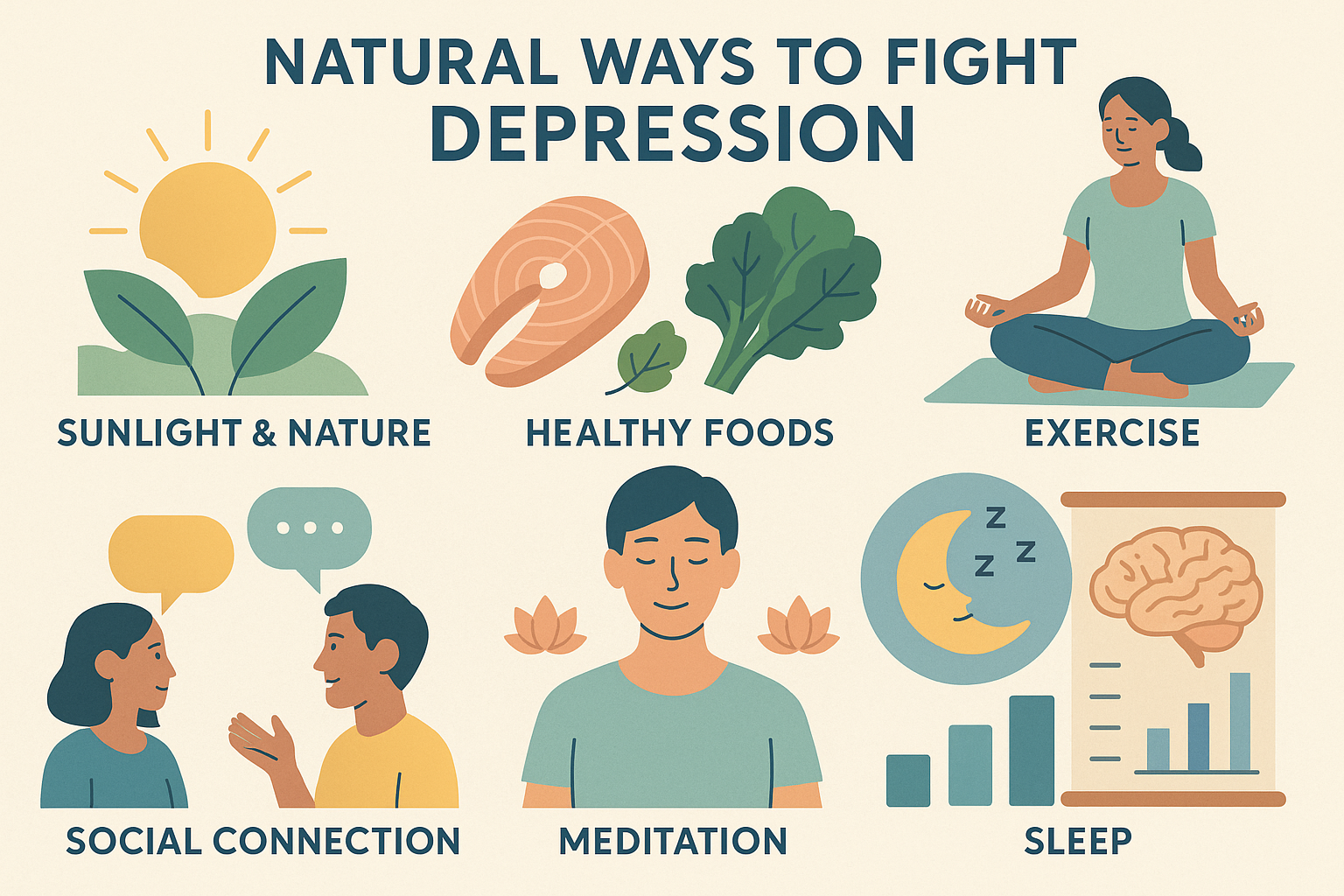
How to Fight Depression Naturally: Symptoms And Science-Backed Tips
Depression doesn't announce itself with fanfare. It creeps in quietly—first stealing your energy, then your joy, then your hope. What begins as "just feeling down" transforms into a heavy fog that colors every aspect of existence. Simple tasks feel insurmountable. Activities that once brought pleasure now seem pointless. The world loses its vibrancy, replaced by an overwhelming grayness that feels inescapable.
If this resonates with you, know that you're not alone. Depression affects over 280 million people worldwide, making it one of the most common mental health conditions. More importantly, know that depression is treatable. While it's a serious medical condition requiring appropriate care, numerous evidence-based natural approaches can support recovery and complement professional treatment.
This comprehensive guide helps you recognize depression symptoms, understand how depression differs from normal sadness or anxiety, and discover science-backed natural strategies for fighting depression. Whether you're personally struggling, supporting a loved one, or simply seeking to understand this condition better, you'll find practical, actionable information grounded in both research and compassion.
Understanding Depression: More Than Just Sadness
Depression, clinically known as major depressive disorder, is a complex mental health condition that affects mood, thinking, behavior, and physical health. It's fundamentally different from the normal emotional fluctuations everyone experiences.
What Depression Really Is
Depression is a medical condition involving changes in brain chemistry, neural circuits, and stress hormone regulation. It's not a character flaw, weakness, or something you can simply "snap out of." Brain imaging studies show that depression involves alterations in brain regions controlling mood, thinking, sleep, appetite, and behavior.
The condition manifests as persistent feelings of sadness, emptiness, or hopelessness that last for weeks or months, loss of interest or pleasure in activities once enjoyed, significant changes in appetite, weight, sleep, or energy, difficulty thinking, concentrating, or making decisions, feelings of worthlessness or excessive guilt, and in severe cases, recurrent thoughts of death or suicide.
Depression varies in severity from mild (noticeable but manageable with support) to moderate (significantly impacting daily functioning) to severe (debilitating, often requiring intensive treatment). Understanding your depression's severity helps guide appropriate treatment approaches.
Depression vs. Sadness: Key Differences
Everyone experiences sadness, disappointment, and grief—these are normal human emotions. Depression differs in several crucial ways. Normal sadness is typically triggered by specific events and proportional to the circumstance, improves with time and processing, doesn't completely prevent enjoyment of other things, and doesn't typically impair functioning severely or persistently.
Depression, in contrast, may lack clear triggers or persist long after triggering events, is disproportionate to circumstances and doesn't improve naturally, prevents experiencing pleasure even in typically enjoyable activities (anhedonia), significantly impairs work, relationships, and self-care, and involves persistent negative thoughts about self, world, and future.
Depression, Anxiety, and Stress: Understanding the Overlap
These conditions frequently co-occur but have distinct characteristics. Stress represents the body's response to external demands or threats and typically resolves when the stressor is removed. It manifests as feeling overwhelmed, pressured, or unable to cope and improves with stress management and problem-solving.
Anxiety involves excessive worry and fear, often about future events or without clear cause. Physical symptoms include tension, rapid heartbeat, and restlessness. It involves anticipatory dread and catastrophic thinking patterns.
Depression primarily affects mood, energy, and motivation over time. It involves persistent low mood and loss of interest regardless of external circumstances, with fatigue, hopelessness, and withdrawal from activities and people.
Many people experience combinations of these conditions, requiring comprehensive treatment addressing all aspects. Accurate diagnosis from mental health professionals ensures appropriate treatment strategies.
Recognizing the Signs: Symptoms of Depression
Early recognition enables earlier intervention and better outcomes. Depression symptoms span emotional, cognitive, behavioral, and physical domains.
Emotional Symptoms
The most recognizable emotional signs include persistent sadness, emptiness, or feeling "numb," loss of interest in activities, hobbies, or relationships, inability to feel pleasure or joy (anhedonia), feelings of hopelessness about the future, increased irritability, frustration, or anger, and overwhelming feelings of guilt or worthlessness.
These emotional changes persist most of the day, nearly every day, for at least two weeks—distinguishing depression from temporary mood fluctuations.
Cognitive Symptoms
Depression significantly impacts thinking processes, causing difficulty concentrating, remembering details, or making decisions, persistent negative thoughts about yourself, your life, and the future, intrusive thoughts that are difficult to control, rumination (repetitively thinking about problems or distressing situations), slowed thinking or feeling mentally "foggy," and in severe cases, thoughts of death, self-harm, or suicide.
These cognitive symptoms often create a vicious cycle where negative thinking reinforces depressed mood, which further distorts thinking.
Physical Symptoms
Depression isn't just "in your head"—it manifests physically through changes in sleep (insomnia or excessive sleeping), appetite and weight (significant loss or gain), energy levels (persistent fatigue regardless of rest), physical aches and pains without clear cause, digestive problems, and psychomotor changes (either agitation and restlessness or slowing down).
These physical symptoms sometimes lead people to seek medical care before recognizing the mental health component. They're not "imagined"—depression causes real physiological changes throughout the body.
Behavioral Symptoms
Depression changes how people behave, leading to withdrawal from social activities and relationships, neglect of responsibilities at work, school, or home, reduced self-care (hygiene, grooming, eating), increased substance use (alcohol, drugs) as coping mechanisms, and reduced activity overall—spending excessive time in bed or withdrawn.
When Symptoms Require Immediate Help
Certain symptoms demand urgent professional intervention. Seek immediate help if you or someone you know experiences thoughts of suicide or self-harm, plans or means to harm yourself, feelings that life isn't worth living, thoughts that others would be better off without you, severe inability to care for yourself or others depending on you, or psychotic symptoms (hallucinations or delusions).
Crisis resources exist 24/7. In the US, call 988 (Suicide and Crisis Lifeline). Internationally, similar helplines provide immediate support.
Natural Approaches to Fighting Depression
While natural strategies shouldn't replace professional treatment for moderate to severe depression, they can provide meaningful support and are sometimes sufficient for mild depression when consistently applied.
1. Establish Structure and Routine
Depression disrupts normal rhythms, making each day feel overwhelming and unpredictable. Establishing consistent daily structure combats this chaos.
Research shows that maintaining regular routines reduces uncertainty and anxiety, provides sense of control and accomplishment, helps regulate circadian rhythms affecting mood, and creates framework for incorporating other healthy behaviors.
Start simply by setting consistent wake and sleep times, planning basic daily structure (meals, activities, self-care), breaking larger tasks into small, manageable steps, and scheduling pleasant activities even when you don't feel like it. Structure doesn't mean rigidity—it provides scaffolding supporting recovery.
2. Exercise: The Evidence-Based Mood Booster
Exercise ranks among the most effective natural depression treatments. Extensive research demonstrates that regular physical activity significantly reduces depressive symptoms, often comparable to antidepressant medication for mild to moderate depression.
Exercise works through multiple mechanisms including releasing endorphins and other mood-enhancing neurochemicals, increasing brain-derived neurotrophic factor (BDNF) supporting brain health, reducing inflammation linked to depression, improving sleep quality, providing sense of accomplishment, and creating opportunities for social connection.
The research-backed prescription is 30 minutes of moderate aerobic exercise (brisk walking, cycling, swimming) five times weekly. However, start wherever you are—even 10-minute walks provide benefits. The key is consistency, not intensity. Choose activities you can sustain and ideally enjoy.
3. Nutrition: Feeding Your Mental Health
The gut-brain connection means nutrition significantly impacts mental health. Certain dietary patterns and nutrients support mood regulation and brain function.
An anti-inflammatory diet rich in omega-3 fatty acids from fatty fish, walnuts, and flaxseeds supports brain health and reduces depression risk. B vitamins, particularly folate and B12, are essential for neurotransmitter production—deficiencies correlate with depression. Vitamin D deficiency is strongly linked to depression, especially in regions with limited sunlight.
Probiotic-rich fermented foods support the gut microbiome, which influences mood through the gut-brain axis. Complex carbohydrates from whole grains, fruits, and vegetables provide steady energy and support serotonin production. Protein provides amino acids necessary for neurotransmitter synthesis.
Avoid or minimize processed foods high in sugar and unhealthy fats, excessive caffeine which can worsen anxiety and disrupt sleep, and alcohol which is a depressant that impairs mood regulation.
The Mediterranean diet—emphasizing vegetables, fruits, whole grains, legumes, fish, olive oil, and limited processed foods—shows the strongest evidence for mental health benefits.
4. Sleep Optimization: Restorative Rest
Sleep problems both contribute to and result from depression, creating a bidirectional relationship. Improving sleep often improves mood, while treating depression improves sleep.
Sleep hygiene practices proven to help include maintaining consistent sleep and wake times (even weekends), creating a cool, dark, quiet sleep environment, limiting screens 1-2 hours before bed (blue light disrupts melatonin), avoiding caffeine after early afternoon, using the bedroom only for sleep and intimacy (not work or TV), establishing relaxing pre-bed routine, and getting morning sunlight to regulate circadian rhythm.
If sleep problems persist despite good sleep hygiene, discuss them with healthcare providers—they may indicate need for specific interventions.
5. Sunlight and Nature Exposure
Natural light exposure profoundly influences mood. Seasonal affective disorder (SAD) demonstrates how reduced sunlight contributes to depression during winter months. Regular sun exposure supports mood through increasing vitamin D production, regulating circadian rhythms, suppressing melatonin during day, and possibly influencing serotonin levels.
Aim for 20-30 minutes of sunlight daily, preferably in the morning. Even on cloudy days, outdoor light is brighter than indoor lighting. If outdoor access is limited, consider light therapy boxes (10,000 lux) used for 20-30 minutes each morning.
Time in nature provides additional benefits beyond sunlight. Forest bathing (shinrin-yoku), spending time in green spaces, and engaging with natural environments reduce stress hormones, lower blood pressure and heart rate, improve mood and self-esteem, and reduce rumination.
6. Mindfulness, Meditation, and Breathwork
Mindfulness-based interventions show strong evidence for reducing depression symptoms and preventing relapse. These practices help by reducing rumination and negative thought patterns, increasing present-moment awareness, improving emotional regulation, and reducing stress hormone levels.
Mindfulness-Based Cognitive Therapy (MBCT), specifically designed for depression prevention, is as effective as maintenance antidepressant medication for preventing relapse. Simple practices include mindful breathing (focusing attention on breath for 5-10 minutes daily), body scan meditation (systematically attending to sensations throughout the body), mindful walking (paying attention to physical sensations of walking), and loving-kindness meditation (cultivating compassion for self and others).
Numerous apps and online resources teach these techniques. Start with just 5 minutes daily and gradually increase.
7. Social Connection: The Antidote to Isolation
Depression drives isolation, yet isolation worsens depression. Breaking this cycle requires conscious effort to maintain and build social connections despite low motivation.
Social support provides emotional validation and understanding, reduces feelings of loneliness, offers practical help with life challenges, creates accountability for self-care, and provides different perspectives on problems.
When depression makes socializing feel impossible, start small by reaching out to one trusted person via text or call, accepting invitations even when you don't feel like it, joining support groups (in-person or online) where others understand depression, and volunteering—helping others often helps yourself.
Quality matters more than quantity. One meaningful connection provides more benefit than numerous superficial interactions.
8. Purposeful Activity and Behavioral Activation
Depression creates inertia—you don't feel like doing anything, so you don't, which worsens depression. Behavioral activation, a core component of depression treatment, breaks this cycle by scheduling and engaging in activities even without motivation.
Start by identifying previously enjoyed activities, even if they don't appeal now, creating a daily schedule including these activities, committing to activities regardless of mood or motivation, and tracking mood before and after—often mood improves with activity.
Activities providing sense of achievement, pleasure, or social connection work best. Start small and build gradually—overwhelming yourself guarantees failure.
9. Limit Substance Use
Alcohol and drugs provide temporary escape but worsen depression over time. Alcohol is a central nervous system depressant that disrupts sleep, depletes neurotransmitters, and impairs judgment. It creates a destructive cycle where depression drives drinking, which worsens depression.
If substance use has become problematic, addressing it is essential for depression recovery. Resources exist for support, from mutual-aid groups to professional addiction treatment.
10. Creative Expression
Art, music, writing, dance, and other creative outlets provide therapeutic benefits for depression by offering non-verbal expression of difficult emotions, creating sense of accomplishment, facilitating processing of experiences, and providing enjoyable, absorbing activities.
You don't need talent or skill—the process matters more than the product. Journaling, adult coloring books, playing instruments, dancing alone, or any creative pursuit engages different brain regions and provides mood benefits.
Natural Supplements for Depression Support
Certain supplements show evidence for supporting mood, though they should complement—not replace—other treatments.
Omega-3 Fatty Acids
Multiple studies suggest omega-3s, particularly EPA, reduce depressive symptoms. Mechanisms include reducing brain inflammation, supporting neurotransmitter function, and improving cell membrane fluidity. Effective doses typically range from 1-2 grams EPA daily, with fish oil or algae-based supplements.
Vitamin D
Deficiency strongly correlates with depression. If you're deficient (blood test determines this), supplementation (2,000-5,000 IU daily) often improves mood. Vitamin D receptors exist throughout the brain, and it influences neurotransmitter synthesis and immune function.
B-Complex Vitamins
B vitamins, particularly folate (B9), B12, and B6, support neurotransmitter production and regulation. Deficiencies in these vitamins increase depression risk. A quality B-complex supplement ensures adequate intake, particularly important for those with absorption issues or dietary restrictions.
SAMe (S-Adenosylmethionine)
This compound, naturally produced in the body, influences neurotransmitter function. Multiple studies show SAMe effectively reduces depression symptoms, sometimes as effectively as prescription antidepressants. Typical doses range from 400-1,600mg daily.
St. John's Wort
This herb shows efficacy for mild to moderate depression in numerous studies. However, it interacts with many medications (including birth control, antidepressants, and blood thinners), requiring medical consultation before use.
Magnesium
This mineral supports neurotransmitter function and stress response regulation. Many people are deficient, and supplementation (300-500mg daily) may improve mood and anxiety.
Adaptogenic Herbs
Ashwagandha, rhodiola, and other adaptogens help the body manage stress and may reduce depression and anxiety symptoms. They work gradually, requiring weeks of consistent use.
Important Supplement Cautions
Always consult healthcare providers before starting supplements, especially if taking medications. Many supplements interact with prescription drugs, particularly antidepressants. Quality matters—choose third-party tested products from reputable manufacturers. Supplements work best as part of comprehensive approaches, not standalone treatments.
Professional Treatment: When and Why It's Essential
Natural approaches provide valuable support but aren't substitutes for professional treatment when it's needed. Seek professional help if symptoms persist for more than two weeks, symptoms are moderate to severe, depression significantly impairs functioning, you have thoughts of self-harm or suicide, or natural approaches haven't helped after consistent effort.
Evidence-Based Professional Treatments
Cognitive Behavioral Therapy (CBT) helps identify and change negative thought patterns and behaviors maintaining depression. It's highly effective with lasting benefits. Interpersonal Therapy (IPT) focuses on improving relationships and communication to reduce depressive symptoms. Behavioral Activation systematically increases engagement in rewarding activities.
Medications, particularly SSRIs and SNRIs, effectively treat moderate to severe depression by adjusting neurotransmitter levels. They typically take 4-6 weeks to show full effects and work best combined with therapy.
Other treatments for severe or treatment-resistant depression include electroconvulsive therapy (ECT), transcranial magnetic stimulation (TMS), and ketamine therapy. These specialized interventions require psychiatric oversight.
The Integrative Approach
The most effective depression treatment often combines professional intervention with natural approaches. Medication and therapy address brain chemistry and thought patterns, while lifestyle changes support overall brain health and wellbeing. This integrative approach provides comprehensive support addressing depression's multiple dimensions.
Supporting Someone with Depression
If someone you care about is depressed, your support matters profoundly. Helpful approaches include educating yourself about depression, listening without judgment or trying to "fix" everything, validating their feelings without dismissing them, offering specific, practical help, encouraging professional treatment without pressuring, staying connected even when they withdraw, and avoiding clichés like "just think positive" or "snap out of it."
What not to do includes minimizing their experience, giving simplistic advice, taking their withdrawal personally, or enabling destructive behaviors. Depression isn't logical, so logic doesn't solve it. Presence, patience, and persistence matter more than perfect words.
Creating Your Recovery Plan
Fighting depression requires personalized strategies combining multiple approaches. Start by acknowledging that recovery isn't linear—good days and difficult days are both part of the process. Build a foundation with basic self-care (sleep, nutrition, movement), identify activities that previously brought joy or meaning, schedule these activities consistently, track what helps and what doesn't, connect with supportive people, and seek professional help if needed.
Recovery takes time. Be patient and compassionate with yourself. Small steps forward count as progress. On difficult days, focus on basics: getting out of bed, eating something nutritious, taking a short walk, reaching out to someone. These seemingly small actions create foundation for larger healing.
Hope and Healing Are Possible
Depression can feel hopeless, but that hopelessness is a symptom, not reality. Millions of people recover from depression and reclaim fulfilling lives. With appropriate support—whether natural approaches, professional treatment, or combination—you can feel better.
If you're struggling, please reach out. Talk to trusted friends or family, contact mental health professionals, call crisis helplines when needed, and remember that asking for help is strength, not weakness. You deserve support, compassion, and a path toward healing. Depression may be part of your story, but it doesn't have to be the ending.
Support Your Mental Wellness Journey
Managing stress, improving sleep, and supporting overall mental health creates a foundation for fighting depression naturally. Quality supplements designed to promote relaxation, enhance sleep quality, and support healthy stress responses can complement lifestyle changes and professional treatment.
Discover evidence-based products formulated to support mental wellness and stress management at Matevara's Sleep & Stress Collection.
Your mental health matters. Take steps today toward better wellbeing.
Disclaimer: This article is intended for informational and educational purposes only and should not be construed as medical advice, diagnosis, or treatment recommendations. Depression is a serious medical condition that requires appropriate professional evaluation and treatment. The information provided about depression symptoms, natural remedies, lifestyle modifications, and supplements is based on general health principles and available research, but individual circumstances vary significantly based on depression severity, co-occurring conditions, personal health history, medications, and other factors. If you are experiencing symptoms of depression, particularly if they are severe, persistent, or include thoughts of self-harm or suicide, seek immediate professional help from qualified mental health professionals including psychiatrists, psychologists, licensed therapists, or your primary care physician. Never delay seeking professional help in favor of trying natural remedies first when symptoms are moderate to severe, significantly impair your functioning, or include suicidal thoughts. Natural approaches described in this article can support mental wellness and complement professional treatment but should not replace evidence-based medical care including psychotherapy and medication when clinically indicated. If you are currently taking psychiatric medications, never discontinue or adjust them without medical supervision, as this can be dangerous and cause severe withdrawal symptoms or relapse. The statements about supplements and their effects on depression have not been evaluated by the Food and Drug Administration, and supplements are not intended to diagnose, treat, cure, or prevent any disease. Supplements can interact with medications, particularly antidepressants, and may not be appropriate for everyone. This article cannot replace personalized mental health assessment and treatment from qualified professionals who can evaluate your specific situation, provide accurate diagnosis, and recommend appropriate interventions tailored to your individual needs. If you are in crisis or experiencing thoughts of suicide, contact emergency services immediately or call the National Suicide Prevention Lifeline at 988 in the United States, or your country's emergency services. Your mental health and safety are paramount.
Share




